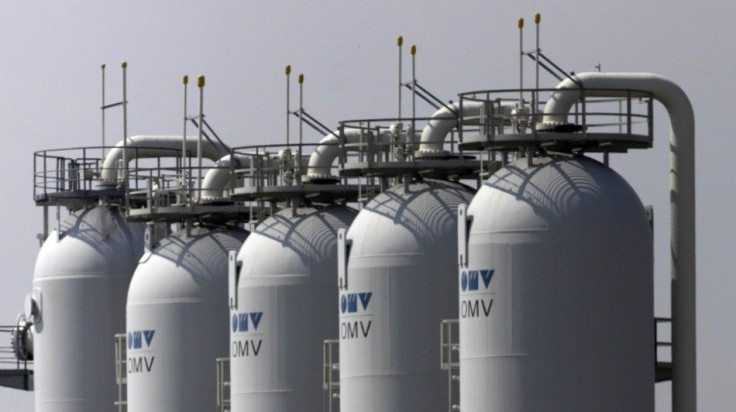Woodside Petroleum Talks With Consortium Over $2.6B Leviathan Gas Deal Collapse

Australian oil and gas giant Woodside Petroleum is no longer interested in buying one-fourth of the largest natural gas field in Israel for $2.6 billion after talks with a consortium collapsed.
With this development, Woodside ended the Memorandum of Understanding with Noble Energy Mediterranean, Delek Drilling, Avner Oil Exploration and Ratio Oil Exploration to buy 25 per cent of the Leviathan Joint Venture after 17 months of negotiations between the parties "failed to reach a commercially acceptable outcome that would have allowed fully-termed agreements to be executed."
Despite effort from all parties to secure an outcome that is commercially viable, Woodside CEO Peter Coleman said they are acknowledging they will not reach the desired outcome under the current proposal.
The issues that hampered the deal include a possible change in Israel's tax and regulatory policies and the shift of focus from production of LNG to pipeline shipments.
The failed Leviathan deal follows ditching by Woodside in 2013 of its plan to build an onshore natural gas processing plant in Western Australia which would have cost the firm $74 billion.
Evan Lucas, market strategist of IG Markets, commented that Leviathan felt like Browse because of its huge cost but very low rate of return.
However, one group that would be happy with the collapse of the talks are the shareholders since Woodside is reportedly mulling giving back $1 billion to them via a special dividend declaration.





















